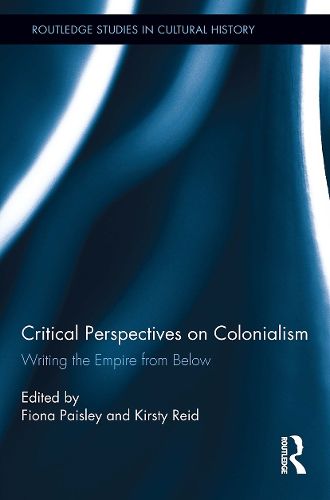Readings Newsletter
Become a Readings Member to make your shopping experience even easier.
Sign in or sign up for free!
You’re not far away from qualifying for FREE standard shipping within Australia
You’ve qualified for FREE standard shipping within Australia
The cart is loading…






This collection brings much-needed focus to the vibrancy and vitality of minority and marginal writing about empire, and to their implications as expressions of embodied contact between imperial power and those negotiating its consequences from "below." The chapters explore how less powerful and less privileged actors in metropolitan and colonial societies within the British Empire have made use of the written word and of the power of speech, public performance, and street politics. This book breaks new ground by combining work about marginalized figures from within Britain as well as counterparts in the colonies, ranging from published sources such as indigenous newspapers to ordinary and everyday writings including diaries, letters, petitions, ballads, suicide notes, and more. Each chapter engages with the methodological implications of working with everyday scribblings and asks what these alternate modernities and histories mean for the larger critique of the "imperial archive" that has shaped much of the most interesting writing on empire in the past decade.
$9.00 standard shipping within Australia
FREE standard shipping within Australia for orders over $100.00
Express & International shipping calculated at checkout
This collection brings much-needed focus to the vibrancy and vitality of minority and marginal writing about empire, and to their implications as expressions of embodied contact between imperial power and those negotiating its consequences from "below." The chapters explore how less powerful and less privileged actors in metropolitan and colonial societies within the British Empire have made use of the written word and of the power of speech, public performance, and street politics. This book breaks new ground by combining work about marginalized figures from within Britain as well as counterparts in the colonies, ranging from published sources such as indigenous newspapers to ordinary and everyday writings including diaries, letters, petitions, ballads, suicide notes, and more. Each chapter engages with the methodological implications of working with everyday scribblings and asks what these alternate modernities and histories mean for the larger critique of the "imperial archive" that has shaped much of the most interesting writing on empire in the past decade.